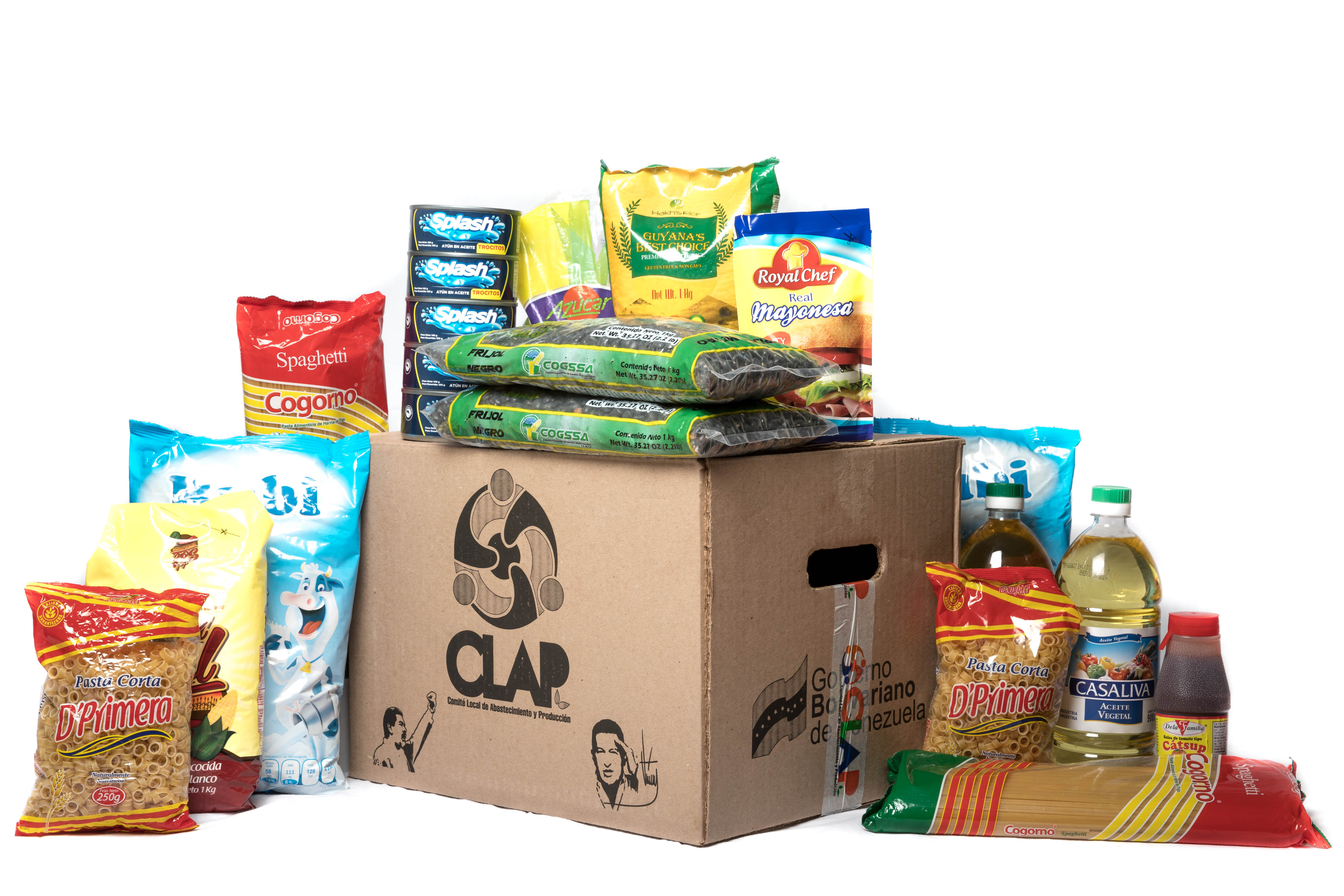
Complaints grow about Venezuela's subsidized food system
The leftist administration of Venezuelan President Nicolas Maduro in March 2016 created a system of subsidized food boxes aimed at mitigating shortages at…
The leftist administration of Venezuelan President Nicolas Maduro in March 2016 created a system of subsidized food boxes aimed at mitigating shortages at grocery stores and supermarkets, but those establishments' shelves are practically empty a year and nine months later and complaints and denunciations of fraud are growing.
Protests that have culminated in looting and accusations of corruption in the management of this food-subsidy program by CLAPs, or Local Committees for Supply and Production, have sprung up in recent days because the boxes either do not arrive at all or only reach beneficiaries after months-long delays.
The government has said it will increase the number of boxes to benefit more families, although a few days ago it also announced that higher prices would be charged for these packages of 13-14 kilos (28-31 pounds) of products, which supposedly feed around one-sixth of Venezuela's population of roughly 31 million.
The boxes contain four cans of tuna, two 900-milliliter (31-ounce) bottles of vegetable oil, one kilo (2.2 pounds) of rice, one kilo of sugar, one kilo of corn flour, two kilos of powdered milk, two kilos of spaghetti, a half-kilo of short pasta, two bags of black beans, two bags of lentils, a small bottle of ketchup and a bag of mayonnaise.
EFE accessed one of the boxes and found that all the labeled products had been imported (from Costa Rica, Argentina, Peru, Guyana, Mexico, Brazil, Colombia and El Salvador) and also verified - as denounced by opposition lawmaker Carlos Paparoni - that none had a Venezuelan health registry number indicating the item had undergone sanitary inspections.
The program to provide subsidized boxes (previously bags) of food arose at a time when the country had three exchange rates, including a "first-tier" rate that made dollars available at 6.30 bolivars per greenback.
That first-tier rate, which the government says is only available for imports of food (including the CLAP program), medicine and other priority items, is currently set at 10 bolivares per dollar.
RELATED CONTENT
The cost of the CLAP boxes for the beneficiary, however, has risen much more than the exchange-rate adjustment would indicate, since they were initially sold for 4,000 bolivares when first distributed in 2016 but now cost 25,000 bolivares.
Paparoni told EFE that an investigation by Venezuela's opposition-led National Assembly found that the CLAP boxes are bought from Mexican companies through intermediaries suspected of corruption.
Those intermediaries in turn acquire the products from other go-betweens and that is why the costs have risen so drastically.
Worst of all, according to Paparoni, every kilo included in the CLAP boxes could be produced in Venezuela "14 times over," thus giving a boost to an economy that has been mired in a lengthy, severe recession.
Despite the cost increases, the CLAP boxes provide major relief for the average Venezuelan earning a minimum monthly salary of 797,510 bolivares (around $238 at the second-tier, "DICOM" floating market exchange rate), considering that a kilo of milk sold at grocery stores costs more than 300,000 bolivares ($90).
In many protests in recent days, demonstrators also have complained that the CLAP boxes are not reaching the majority of the country's neediest families.










LEAVE A COMMENT:
Join the discussion! Leave a comment.